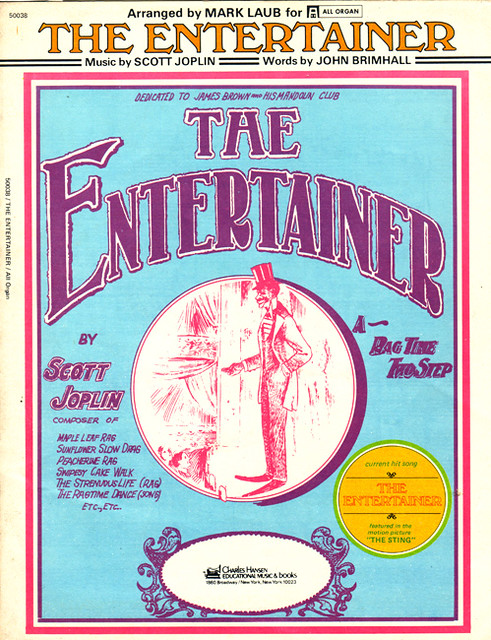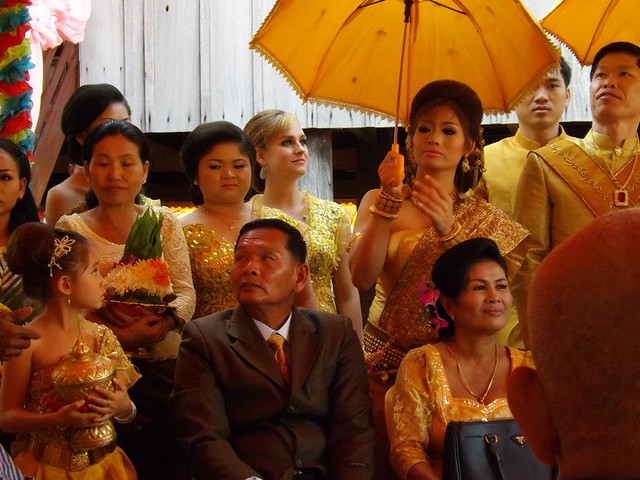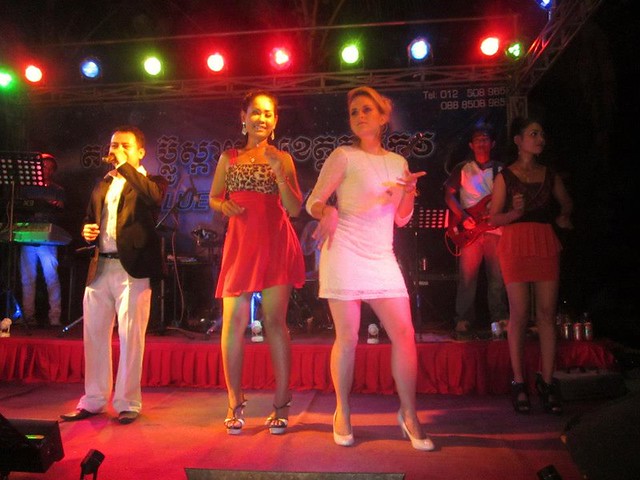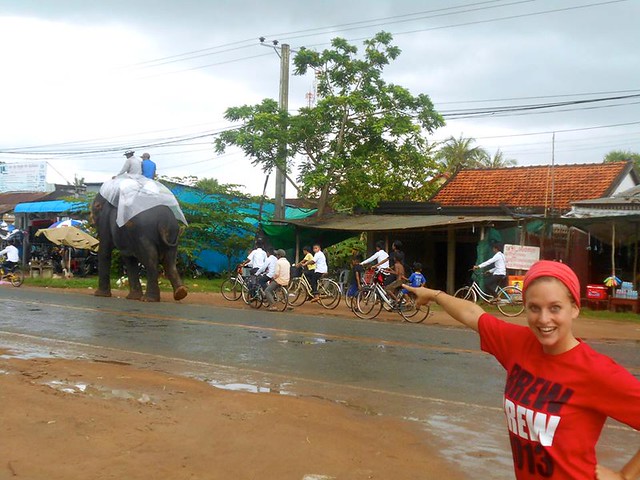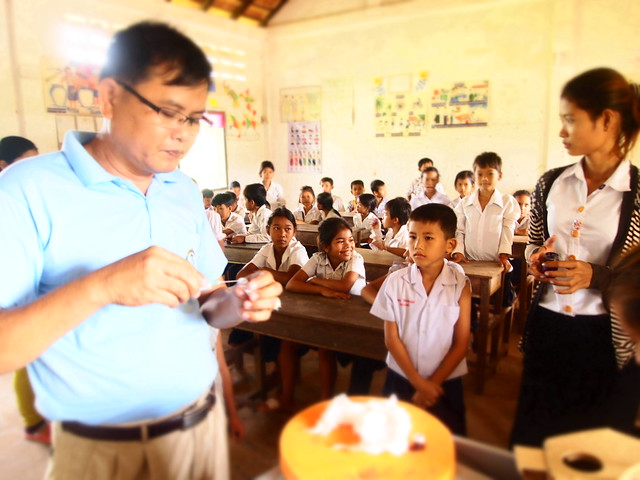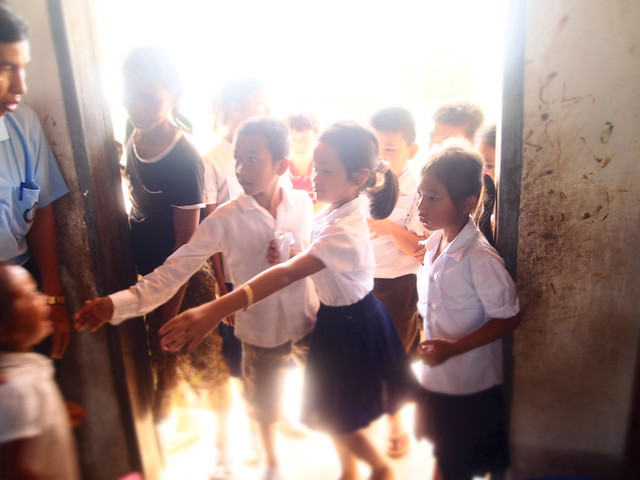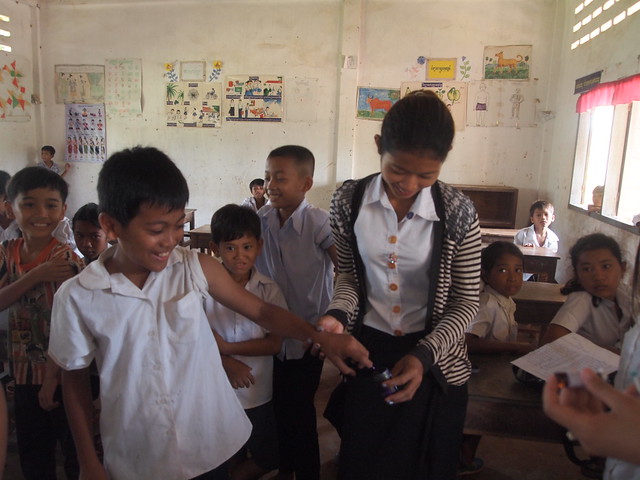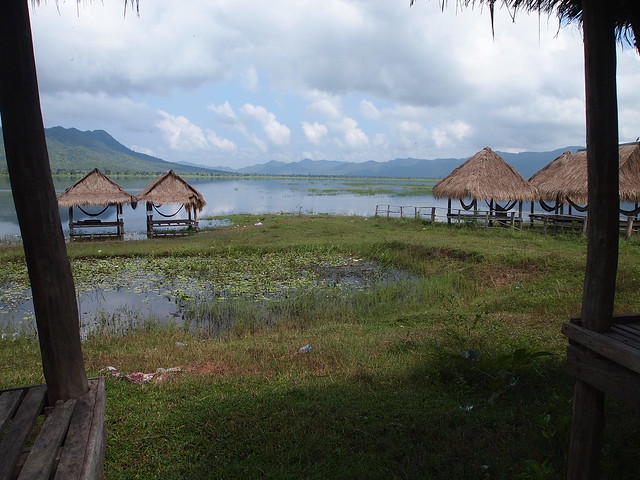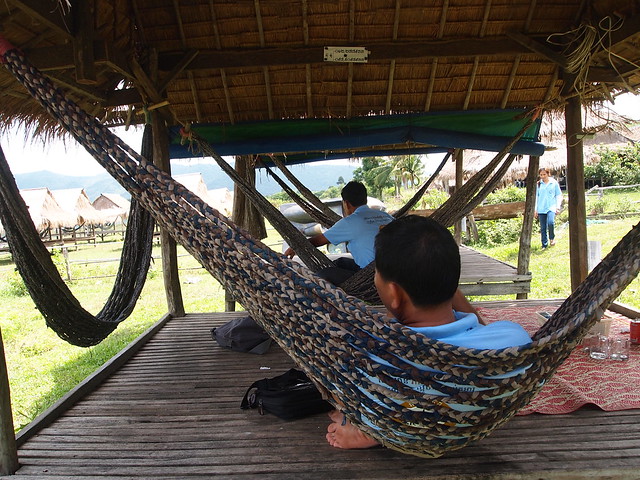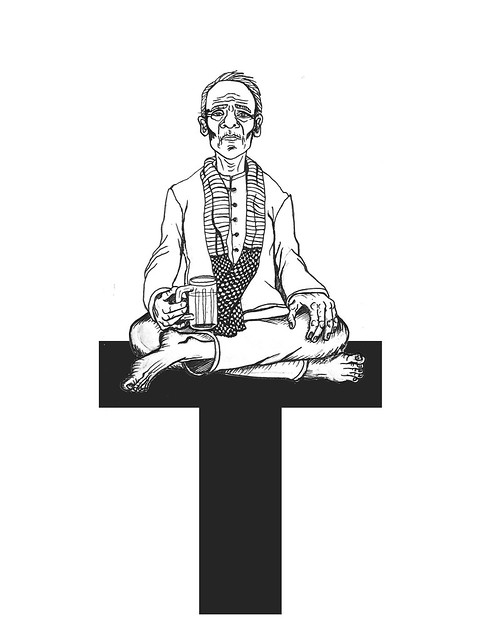Do you ever get introduced to a book, read the first page, and thereupon tear through the pages like it's a bar of fancy chocolate? (mmmmmm...fancy chocolate...)
I've been on a nonfiction kick for the last couple of weeks. For some reason, the idea of reading about fictional characters right now is a big turn off for me. I've got enough stuff going on in my life and rattling around in my head right now that's stranger than fiction. Why should I invest more precious brain juices on those characters? Why not suck up some real earth knowledges? Yes.....earthly earth knowledge sounds delicious right about now.
So anyway, back to the books. I had a makeshift two-person book club going for a month or so, which has since dismantled (story of my life right now. Everything's falling apart!!!! Me, dramatic?) For our second book in our book club, I chose the The Omnivore's Dilemma by Michael Pollan. He writes primarily about food (which (reading about food) can be detrimental to the mental health of any Peace Corps Volunteer, by the way.) Another book of his that I read years ago was The Botany of Desire, in which he explores the beneficial relationship (co-dependent?) between humans and four specific plants: apples, tulips, marijuana, and potatoes.
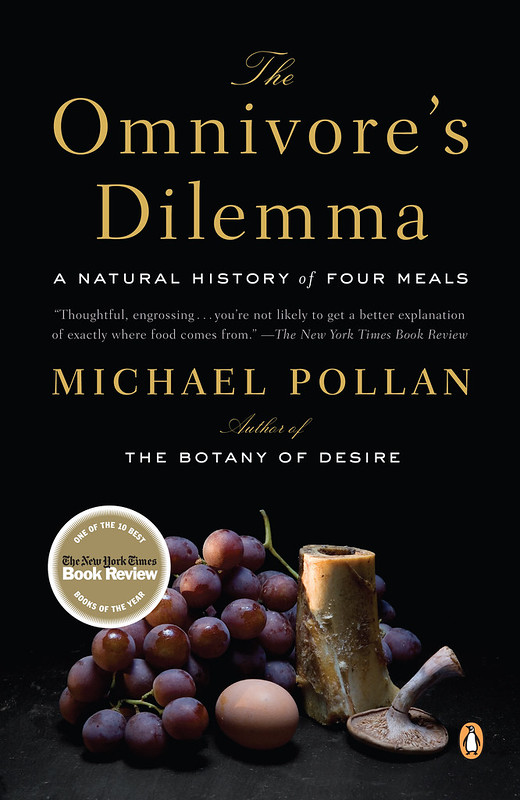 You like food? READ THIS!
You like food? READ THIS!
What I loved about The Omnivore's Dilemma was Pollan's personal experience throughout his journey into the world of different food industries and food-life philosophies. The first part goes into the dark, dingy depths of the corn industry of America. Man, I love corn. But in a very different way than you'd expect. The only way I really like to eat corn is raw (DON'T KNOCK IT TILL YOU TRY IT!) But what I really REALLY love about corn is it's history in America and how it grows. I had a cornucopia of corn knowledge prior to reading this book due to one of my favorite people in the Universe, Jeffry Nistler.
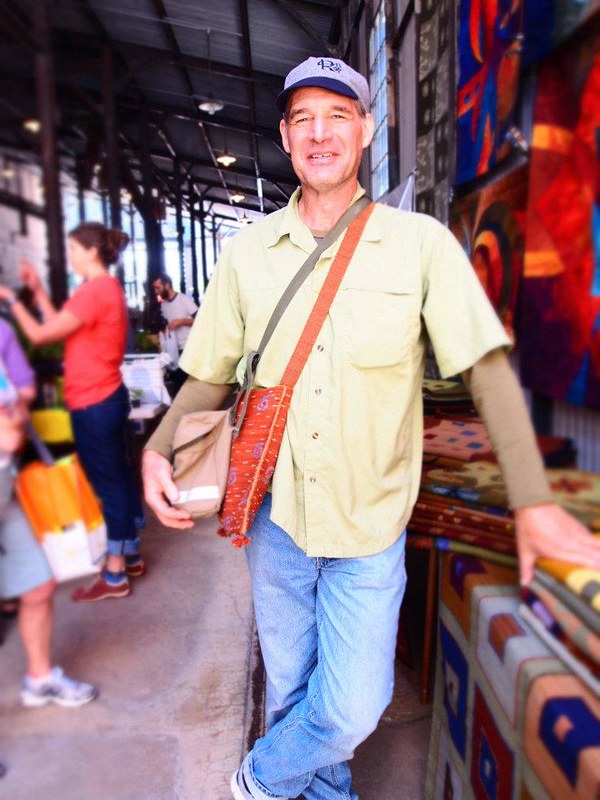 This is Jeff rocking not one but TWO man-purses (the top one MIGHT be a camera bag...)
This is Jeff rocking not one but TWO man-purses (the top one MIGHT be a camera bag...)
Jeff is, among many other talents, a farmer and I was lucky enough to work for him for 8 years (hopefully he'll take me back when I'm an unemployed returned peace corps volunteer.) I was a farm hand; especially skilled at hoeing and transplanting melons. Jeff's specialty is sweet corn in the summertime, pumpkins and squash (among other curious gourds) in the fall-time, trees in the wintertime, and exploring Peru in the dead of wintertime. He also builds bikes!
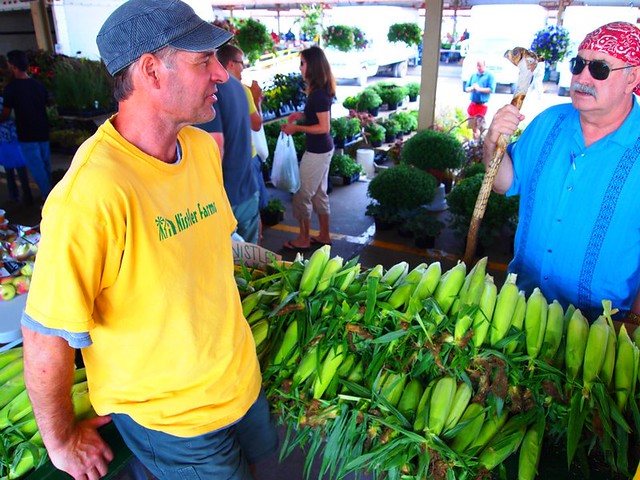 Not sure who is enlightening who here: Jeff on the left. That other guy with the cane is awesome.
Not sure who is enlightening who here: Jeff on the left. That other guy with the cane is awesome.
And so it was Jeff who instilled me with a great many nuggets of corn facts. This is why I am now proud to call myself a corn snob. But the corn that Jeff grows is different than the corn Pollan highlights in the first part of his book. He attempts to follow corn from a farm in Iowa to one of the many places it could be taken throughout America - from feedlots (or CAFOs: Concentrated Animal Feeding Operations) in Kansas all the way to a McDonald's in Marin County California. Basically, this corn that Pollan is talking about is feeding most Americans unknowingly. Example: a McDonald's chicken nugget (mmmmmm chicken nuggets) has 38 ingredients, 13 of which are differently processed versions of corn. (mmmmmmmm...?)
After he tears the industrialized food industry a new one, he moves on to the "ORGANIC" food industry. And this part just makes me giddy because organic food truly is an industry which is completely contradictory of what the Organic food people are constantly preaching. I understand what organic food is attempting to say and do but how they end up doing it is not by definition organic. There are just TOO many people in America trying to be organic at the same time. So get off your high horse. You're not better than everyone else if you eat organic sausages or granola cereal. And then there's thing thing called "Beyond Organic" which is really what Organic wishes it could be. Just read the damn book and you'll know what I'm talking about.
The last meal Pollan explores is that of a hunter-gatherer which was by far my favorite of his adventures. He killed a wild boar in California which was one of his first experiences hunting. He went morel mushroom hunting with a bunch of weird dudes in a forest. He usufruct some cherries to make a dessert. Can I go back to America and live as a hunter-gatherer? Do I know anyone that knows how to identify mushrooms? If so, please speak up! Teach me your ways.
If you care at all about what you eat (where it comes from and how it is what it is) you should read The Omnivore's Dilemma. But don't take my word for it!!! #READING RAINBOW.
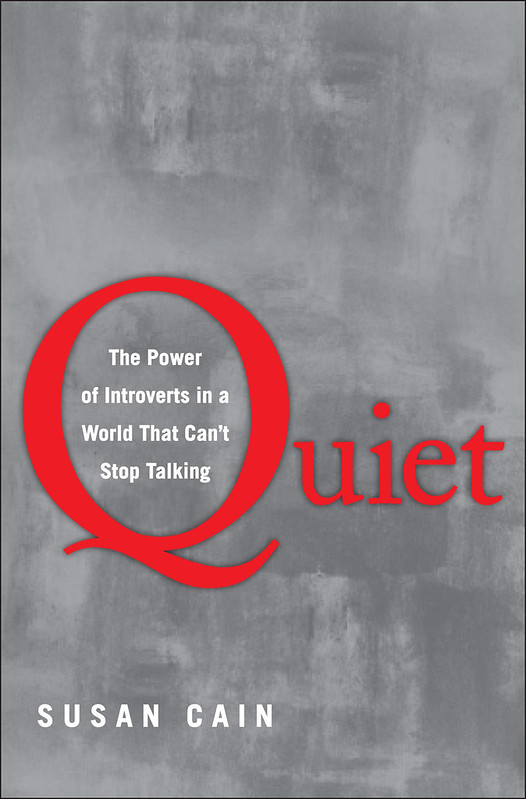 QUIET: Hard thing to come by in Cambodia.
QUIET: Hard thing to come by in Cambodia.
On to the next one, on the the next one: before I let my mind slip into complete malaise, I zapped my next book into motion on my fancy little nook e-reader thingy (thanks mom and dad.) Quiet: The Power of Introverts in a World that Can't Stop Talking by Susan Cain (my new best friend.) My friend and old co-worker Elliott (Read about him here!) gave me his copy when he finished it last year but I didn't have enough time to read it before flying away on an aeroplane to Cambodia. So I downloaded a copy from the mighty interwebs (completely legally; bought and paid for.)
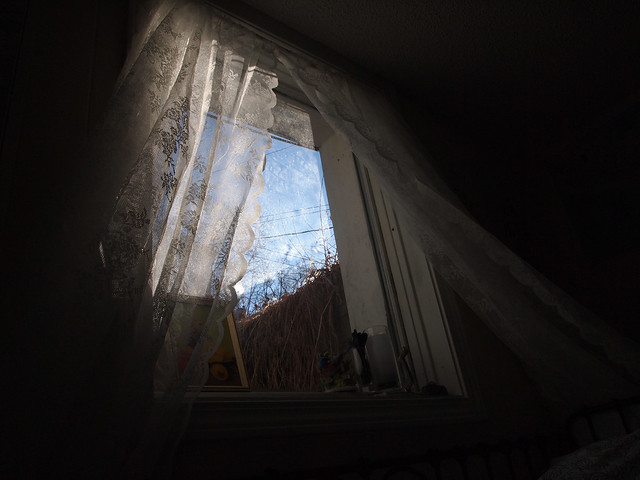 "Restorative Niche": my bedroom in a South Minneapolis basement.
"Restorative Niche": my bedroom in a South Minneapolis basement.
I couldn't put this book down and the best part was, I didn't want to leave my room or my other secret reading nook while reading it. I needed to be alone! I was learning about myself and needed to pay close attention. If you've been an avid "Laurax Doodles in Khmer" reader then you'd know that I've struggled a bit with the "Who Am I?" question, feel guilt-ridden when I hermit myself too much, and feel too much pressure in the spotlight at times. In certain chapters I felt like I was reading about myself!
The book is about 300 pages and I highlighted it 92 different times (awesome feature of the nook)! Here are some highlighted highlights:
- "cross the street to avoid making aimless chitchat with random acquaintances"
- "many introverts are prone from earliest childhood to strong guilt feelings; we also know that we all tend to project our own reactions on to others" (whoa...)
- "people who tend to [suppress their negative emotions] regularly, might start to see the world in a more negative light." (ruh-roh!)
- "self-monitors are highly skilled at modifying their behavior to the social demands of a situation." (hello, pseudo-extrovert Laurax.)
- "taking shelter in bathrooms is a surprisingly common phenomenon, as you probably know if you're an introvert." (I love bathroom hideaways. Stalls are a great place to cry.)
- "we can stretch our personalities, but only up to a point."
- "introverts often feel as if they express themselves better in writing that in conversation." (blogging!)
This book helped me realize that I am not totally whacked out. That maybe the things I do are more normal than I thought they were. It also made me realize why I oftentimes feel completely overwhelmed in my village. Like I've said before, PCVs are "on duty" the moment they walk out of their bedroom and that can be draining when it's every single day, especially for someone with introverted tendencies. There aren't many "restorative niches" or quiet places to re-energize. I think, with confirmation from this book, there are many people that struggle to understand who they truly are. We try to put ourselves in to boxes; extrovert-introvert, outgoing-reserved, etc etc, but we don't have to be one or the other and we really can't be. It's just not possible. I've spent a lot of my life trying to be what people want me to be. One thing that makes me happier than anything is to make other people happy; but my misstep here was not taking care of myself first. I didn't recognize when I needed to disappear and find my "restorative niche" so I too could be happy.
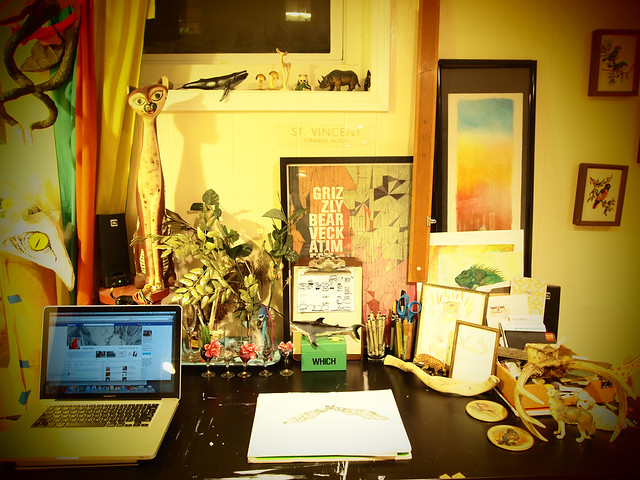 One of my "Restorative Niches": My desk back home. Cluttered and yet so peaceful. Look! I'm on Facebook. Lolz.
One of my "Restorative Niches": My desk back home. Cluttered and yet so peaceful. Look! I'm on Facebook. Lolz.
You don't have to be introverted to read Quiet. If anything, it just makes you think about what makes you happiest and how knowing that can lead you to a life where you are truer to yourself. Or as Shakespeare once said (according to the book) "To thine own self be true."
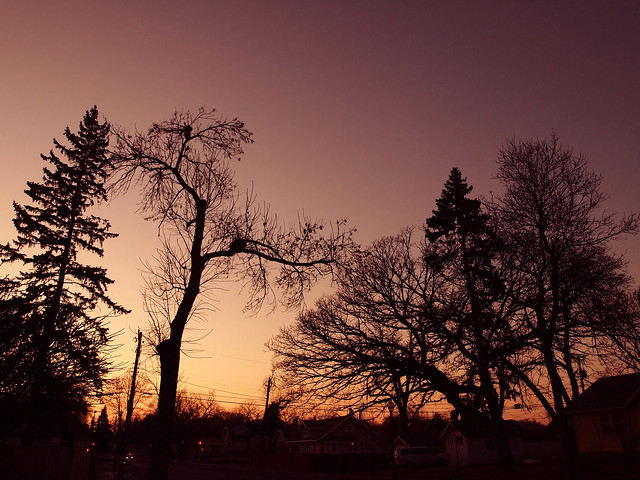 Another "Restorative Niche": solo walks in Minneapolis
Another "Restorative Niche": solo walks in Minneapolis
My current mission(book): Packing for Mars: The Curious Science of Life in the Void by Mary Roach. This lady is HI-Larious. Laughing out loud over here. I also read Stiff: The Curious Lives of Human Cadavers by Mary Roach. I want to be this lady's friend also.
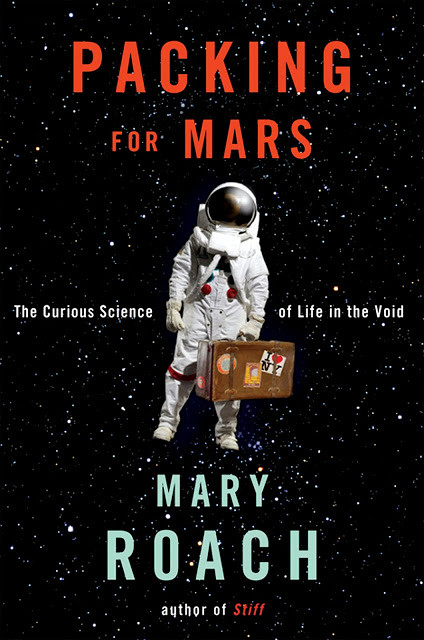 Packing for Mars: puking in zero-gravity and shit. Good stuff.
Packing for Mars: puking in zero-gravity and shit. Good stuff.
Read on, friends. READ. To infinity and beyond.

